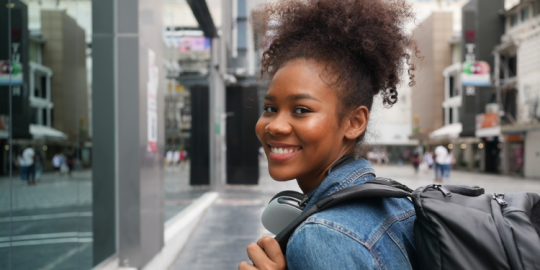Living in Equatorial Guinea guide for expats
All the information you need to relocate and live in Equatorial Guinea.
About Equatorial Guinea
Malabo is the capital city, and the architecture here is predominantly Spanish. If you want a lively atmosphere and cultural activities, this city is the best place to find it in Equatorial Guinea. The city centre is home to restaurants (from fine dining to gastropubs and Italian cuisine), live performances, a sports arena, and lively bars. The Malabo National Park offers a variety of activities, including jet skiing, a children's play park, and an art gallery.
The climate is tropical, and the weather is always hot and humid. Temperatures tend to vary between 23°C in August and 30 °C in February, although the temperature also depends on your location in the country. Violent storms and flash floods are not uncommon, and can be an issue throughout the country.
Each of the islands of Equatorial Guinea offers a unique experience. Bioko Island is the perfect place to reconnect with nature and spot wildlife in the jungles and rainforest. Isla Corsico is a traditional African island, with the native communities practising traditional African culture.
Corruption runs rife in Equatorial Guinea and has prevented the economy from reaching its full potential, and the IMF and the World Bank have both withdrawn assistance due to fraud. Oil and gas have been the mainstay of the economy, however, most citizens rely on subsistence farming to make a living.
Latest housing offers in Equatorial Guinea









